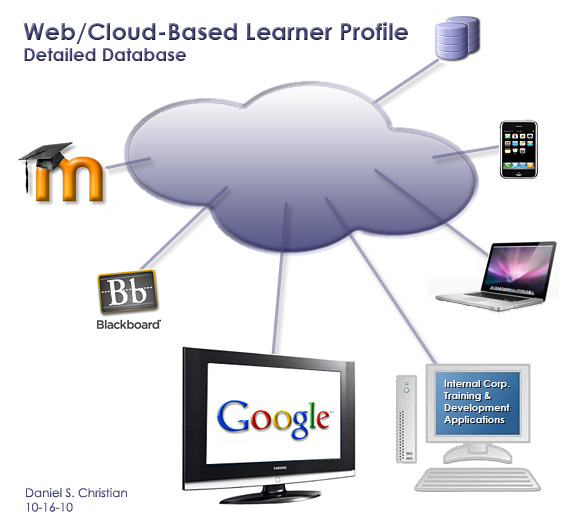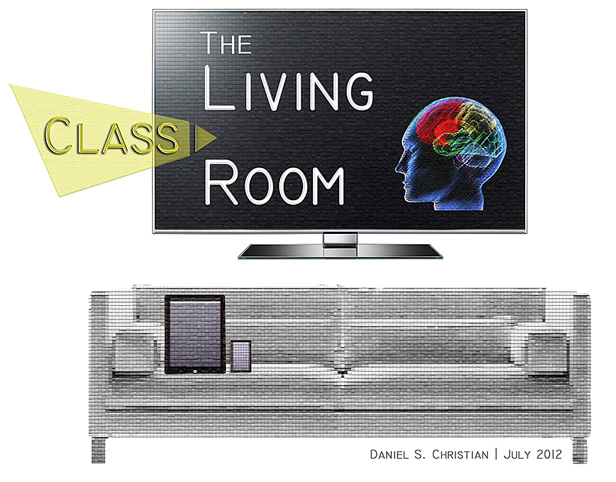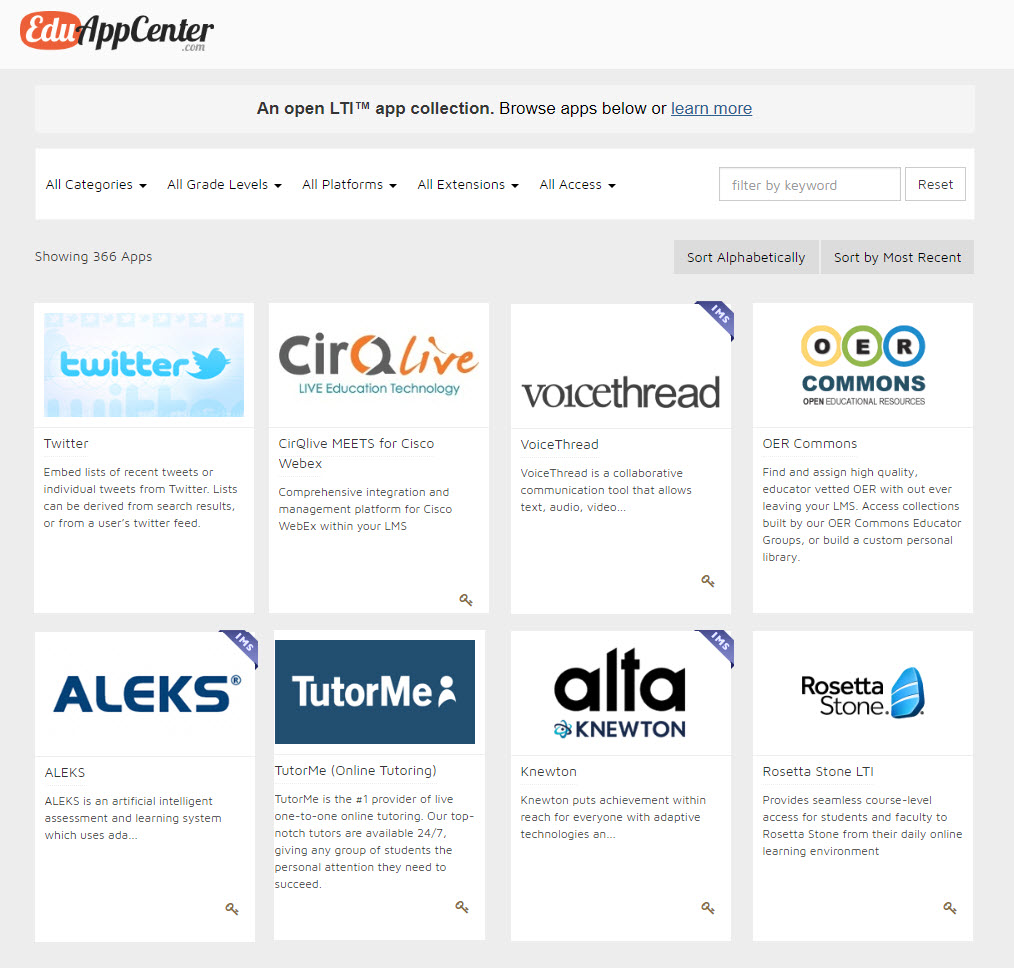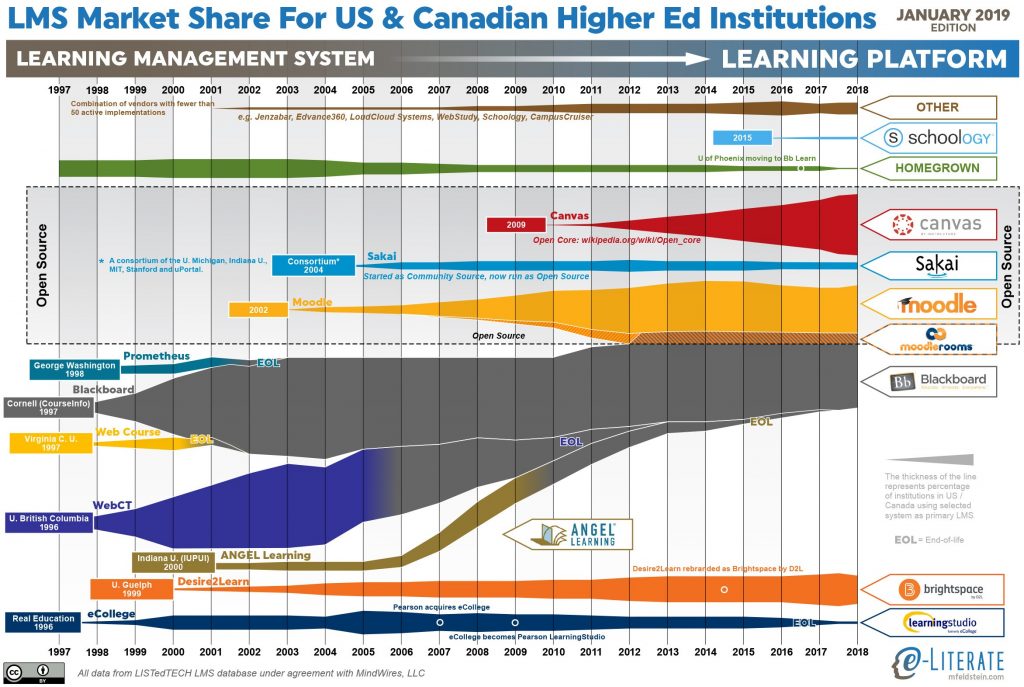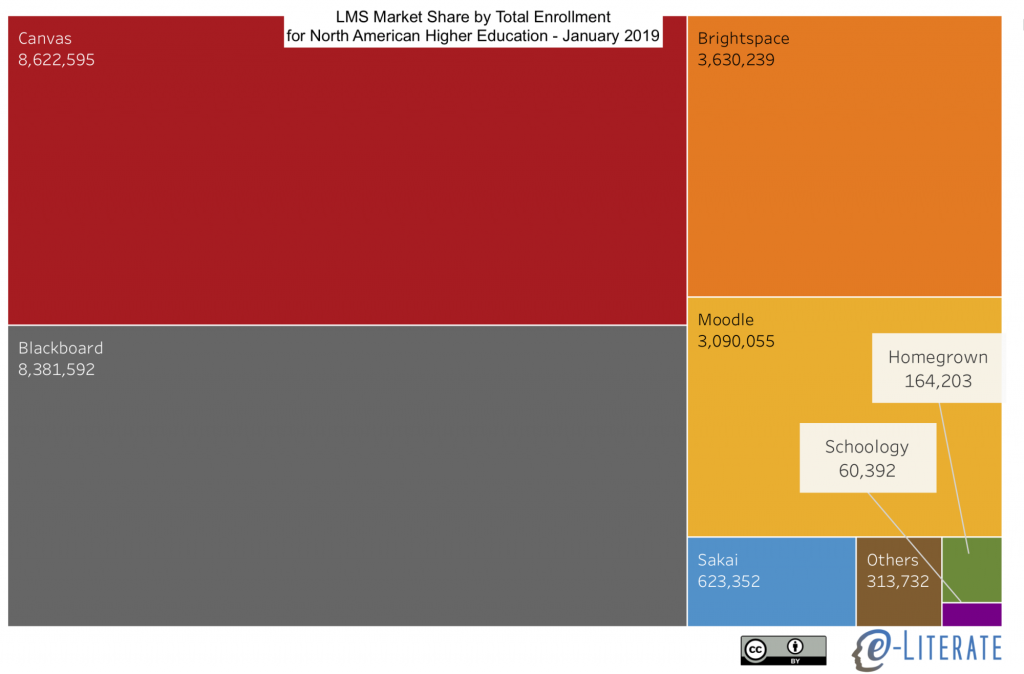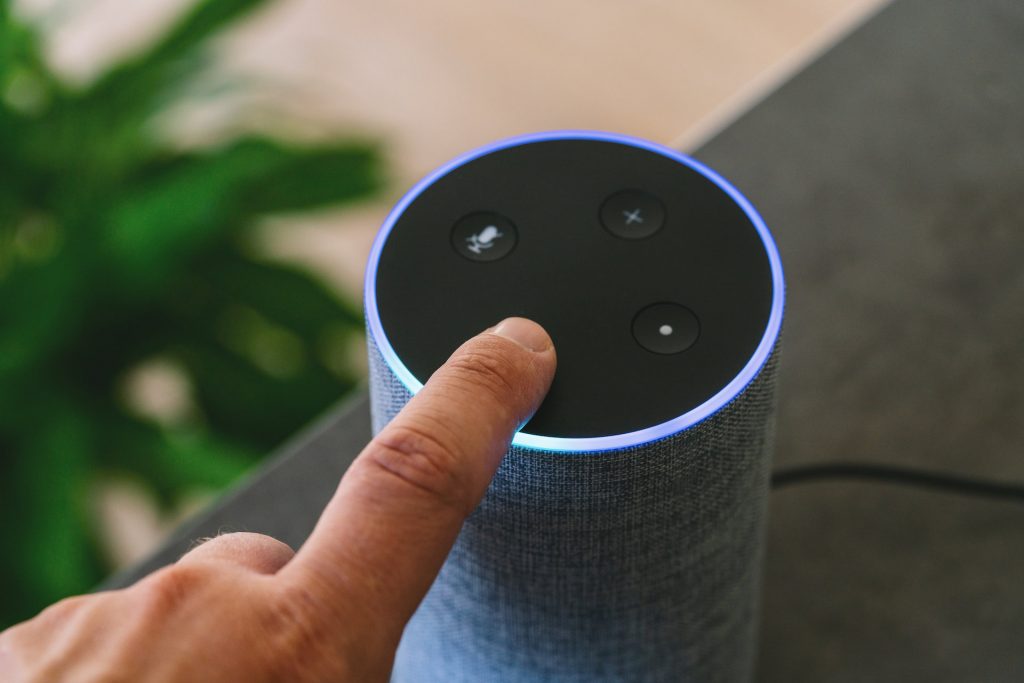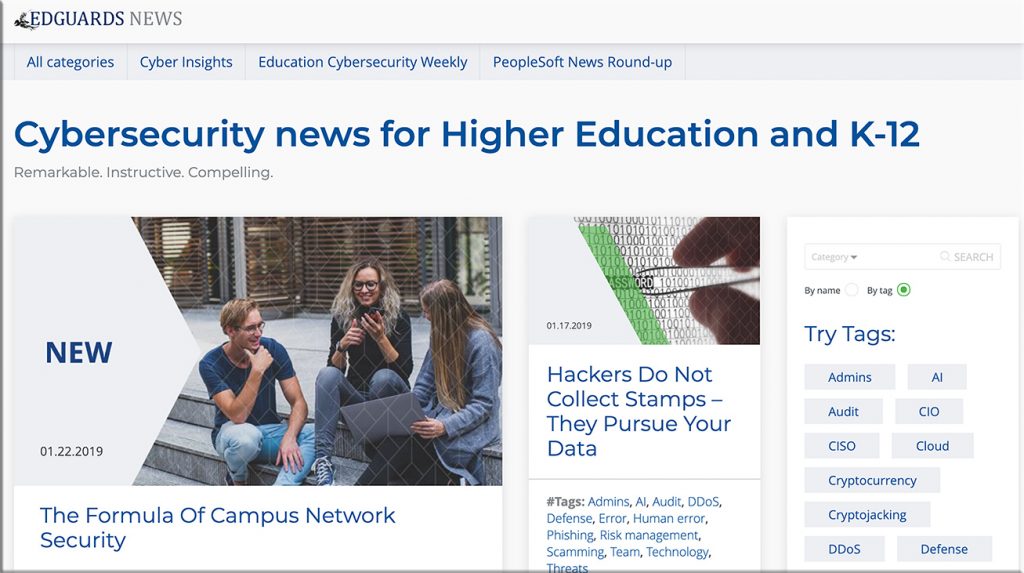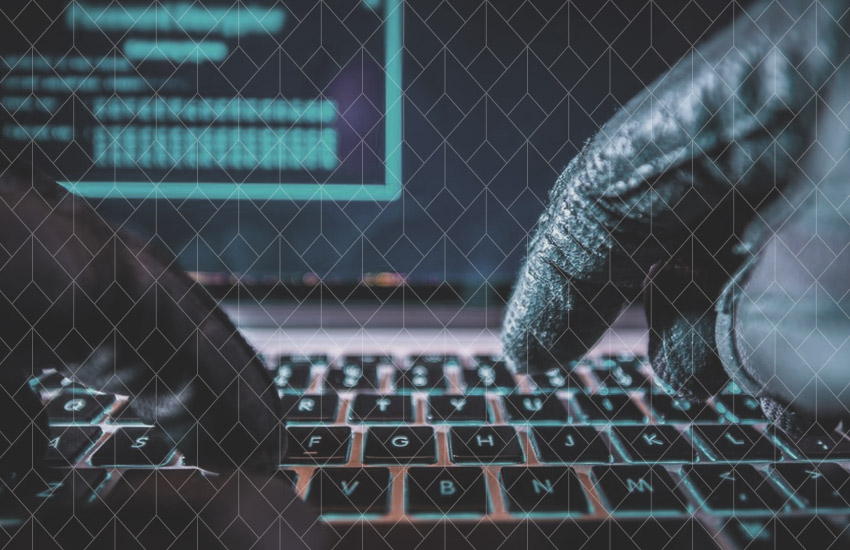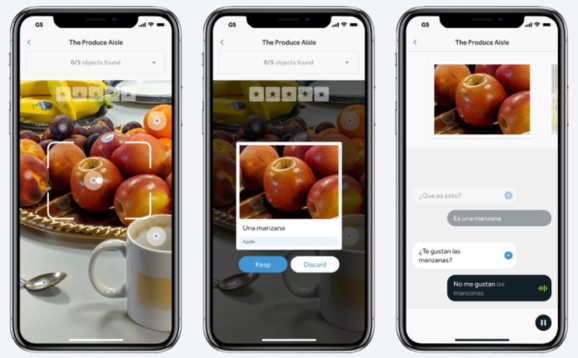Is Blockchain Ready for Prime Time in Education? — from er.educause.edu by Wayne Skipper
Excerpt:
This is not to say that using blockchains to store educational records is in itself a poor use of the technology. Instead, what is needed is an open technology ecosystem that combines public blockchains, private blockchains, and off-chain storage, combining the strengths of each technology to create a decentralized storage mechanism whose verification incentives are not tied to currency markets. This approach offers all the benefits of blockchain-powered record verification without the worry that external economic factors or new technologies might render education records corruptible—and without the need to trust in the continued existence of any single technology company.
In early 2018, Concentric Sky and partners BrightHive and the DXtera Institute proposed such a blockchain ecosystem, called EdRec. EdRec is a learner-centric, open standards approach to learning record storage “on the blockchain,” with self-sovereignty of learner data as its key design principle. The project’s goal is to create a privacy-focused open technology standard that any company can implement in their products.
The proposal was a winner of the US Department of Education’s Reimagining the Higher Education Ecosystem Challenge, and since then, the project has begun to attract numerous institutions and large employers that see the value of a vendor-independent, machine-readable lifelong learning profile based on open technology standards.
Our elevator pitch: Your “permanent” educational record has never been truly yours. Wouldn’t you want to control it, control access as you progress from one transition to the next, and optimize it for your desired success? We’re rewriting the rules of the game for personal education data by empowering learners with control of their own permanent education record across institutions, applications, and platforms.
Also see:
- Blockchain: What’s Not to Like? [podcast] — from er.educause.edu by David Rosenthal
From DSC:
I’ve been hoping for this for a while now…
